In Chisinau, there are cases of "persons with a status of diplomats of the Russian Federation quickly arriving on the left bank of the Dniester, in Transnistria, where they do not deal with diplomacy," Chairman of Moldova's Parliament Igor Grosu told AGERPRES in an interview on Wednesday.
Regarding a possible expulsion of diplomats from the Russian Federation on the principle of parity, he said that the subject is being looked at by those who can make decisions in that regard. Thus, he mentioned the "legal workload" of Russian diplomats in Moldova.
"There are not many but enough cases of persons with a status of diplomats of the Russian Federation arriving in Chisinau, quickly reaching the left bank of the Dniester, in Transnistria. And there they do not deal with diplomacy. And we know about that and they know that we know about that. Now, we will of course evaluate their workload and will come up with a decision," said Grosu.
He added that there is no deadline. "When we are ready to make a decision, we will announce it publicly and we will also inform our Russian colleagues," said the head of the Moldovan Legislature.
Moreover, he added that in Transnistria "there is a group of so-called diplomats, whom you cannot consider diplomats by looking at them ... visually, and their activity belongs to a completely different field than diplomacy."
"They belong to the secret services and they know about that and we will have to evaluate each case separately. Yes, there have been cases when citizens from the Russian Federation were denied entry to the country because they could not credibly justify the purpose of their visit to Moldova. We are compelled to apply more special filters upon entering the country for certain citizens and a certain profile of visitors," added the official.
He mentioned to the point "a databases of people with the profile of those who fought or have a military background and were involved in certain military conflicts in Syria, in Crimea, in Donbas, Ukraine, Central Africa, Libya and in other countries," but he did not have an estimate of the number of those denied entry for such reason. "Since the beginning of the invasion of Ukraine by the Russian Federation, their number has increased," added Grosu.
The AGERPRES National News Agency is broadcasting today the interview with Chairman of the Parliament of Moldova Igor Grosu.

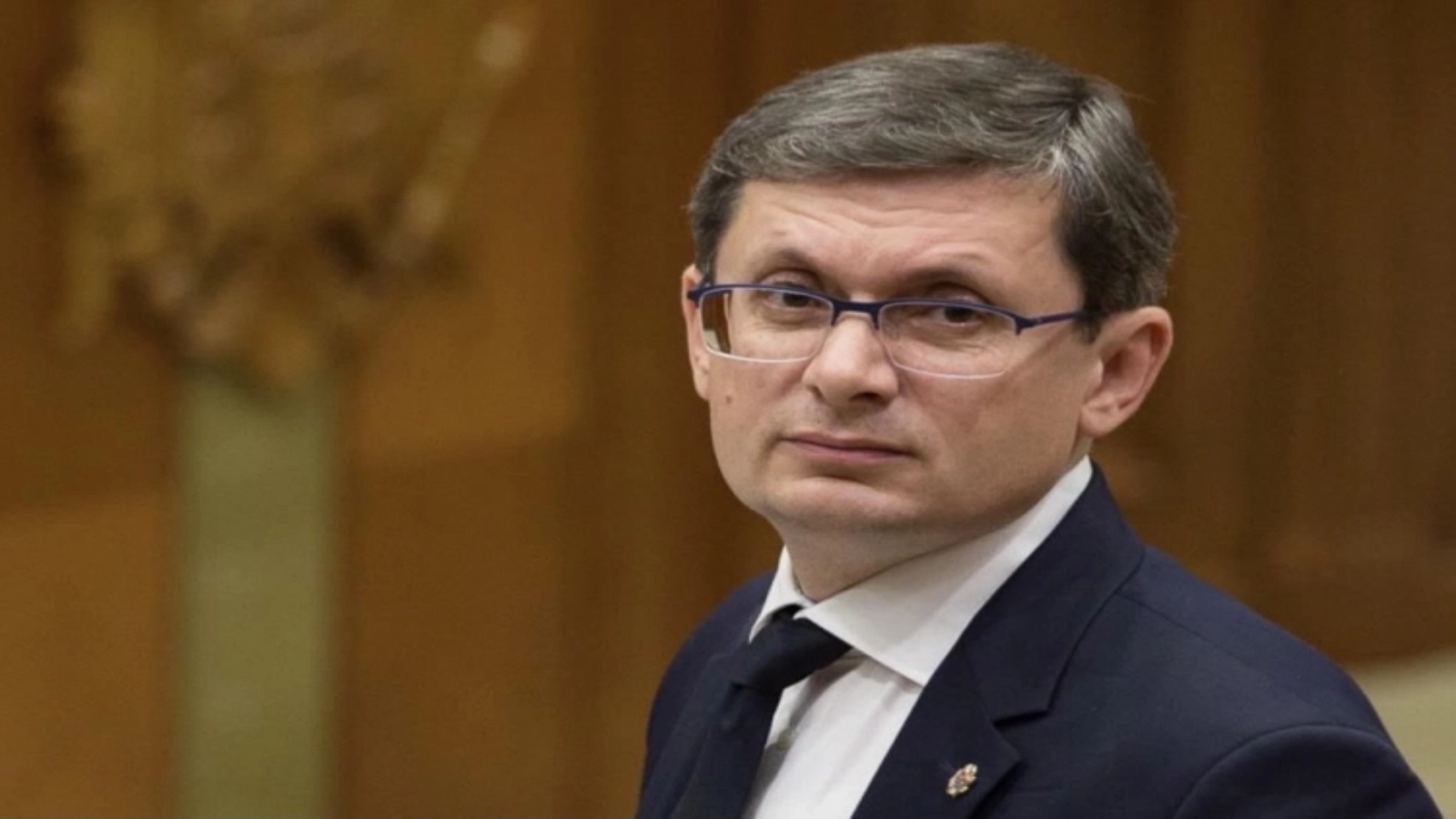
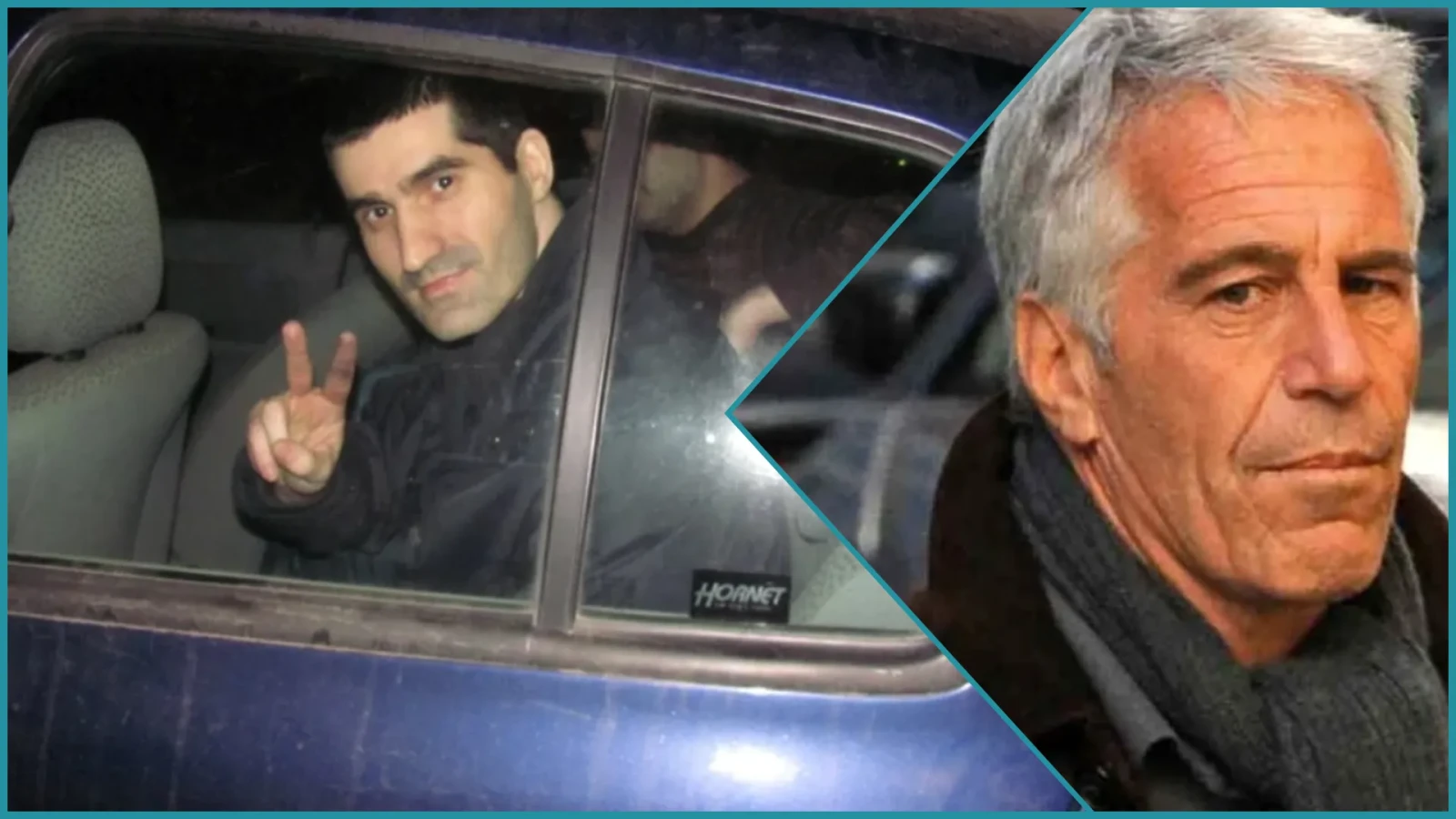
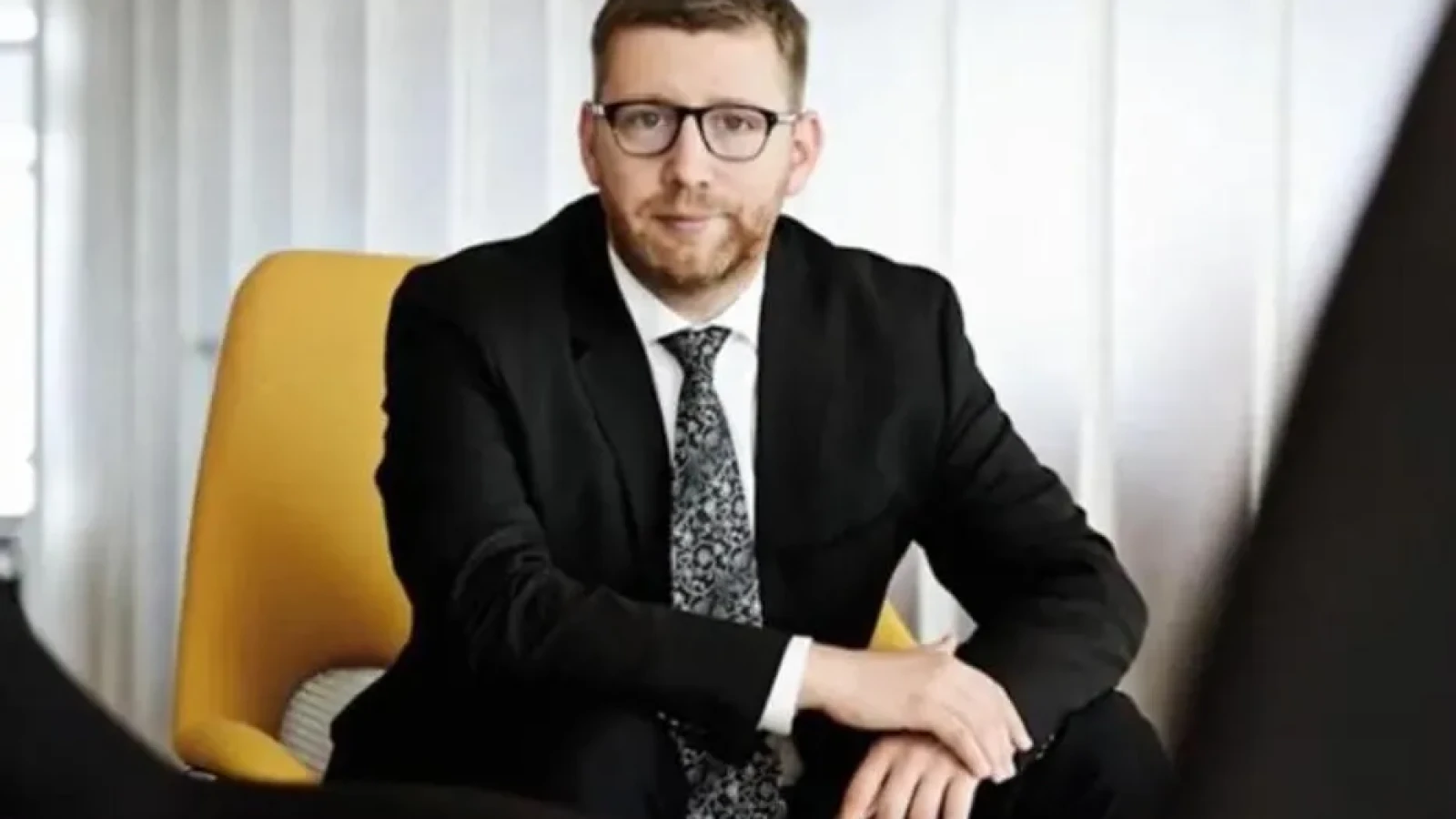


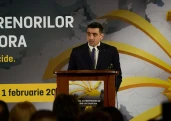
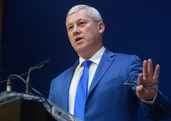

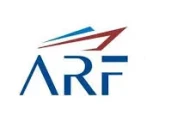

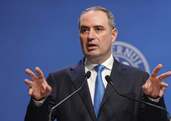

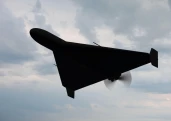

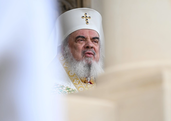

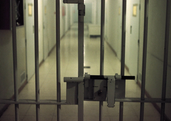


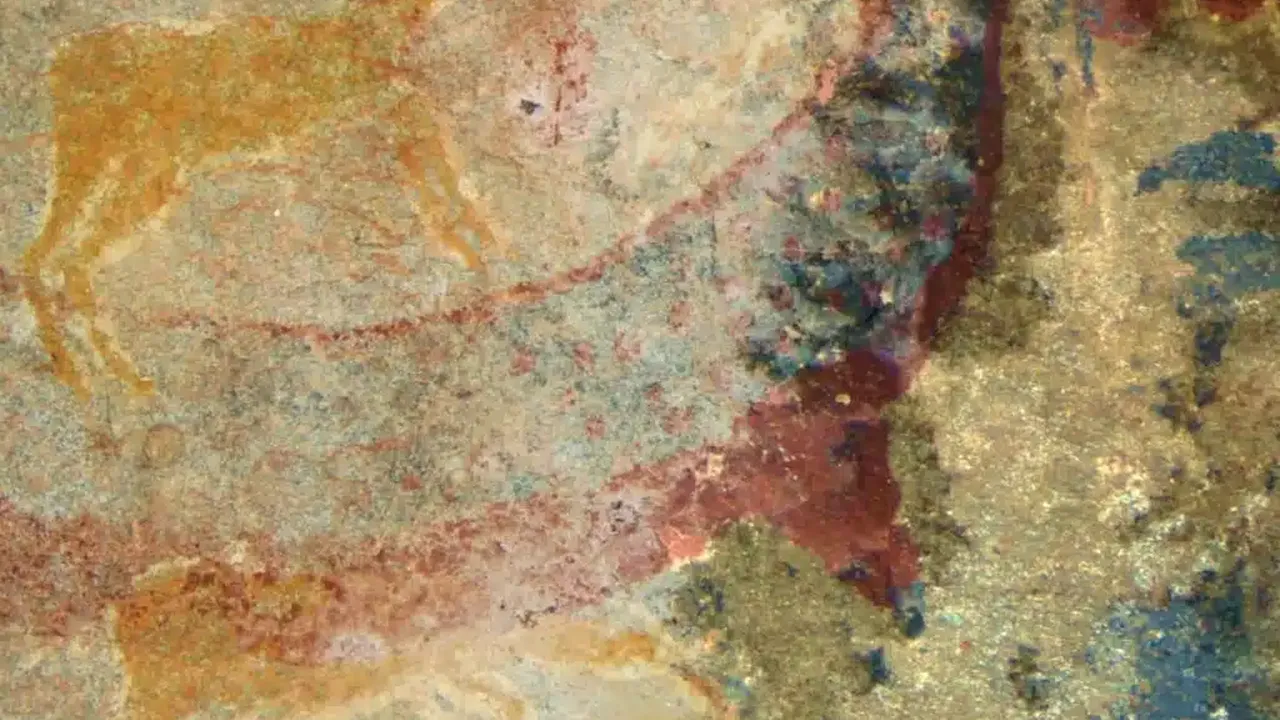

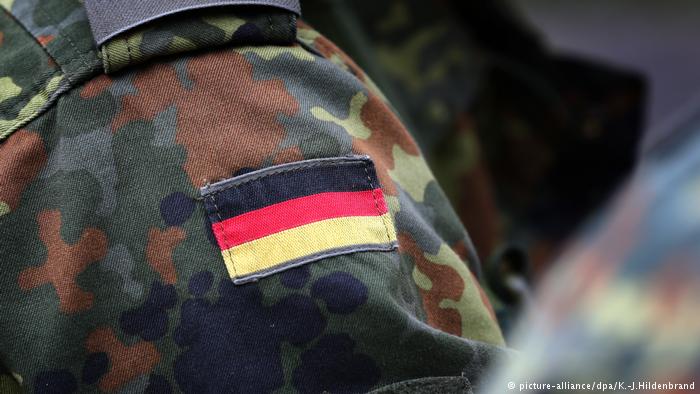
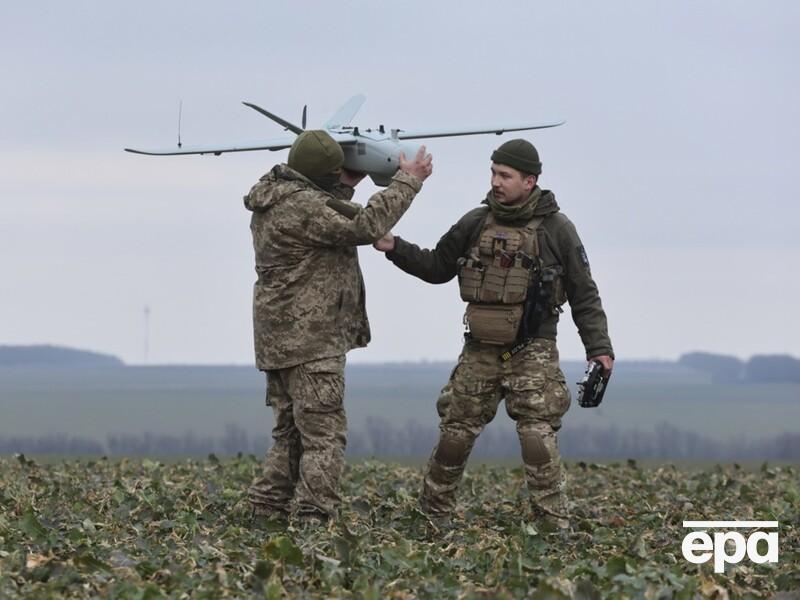

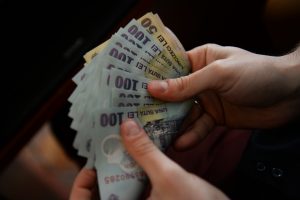






Comentează